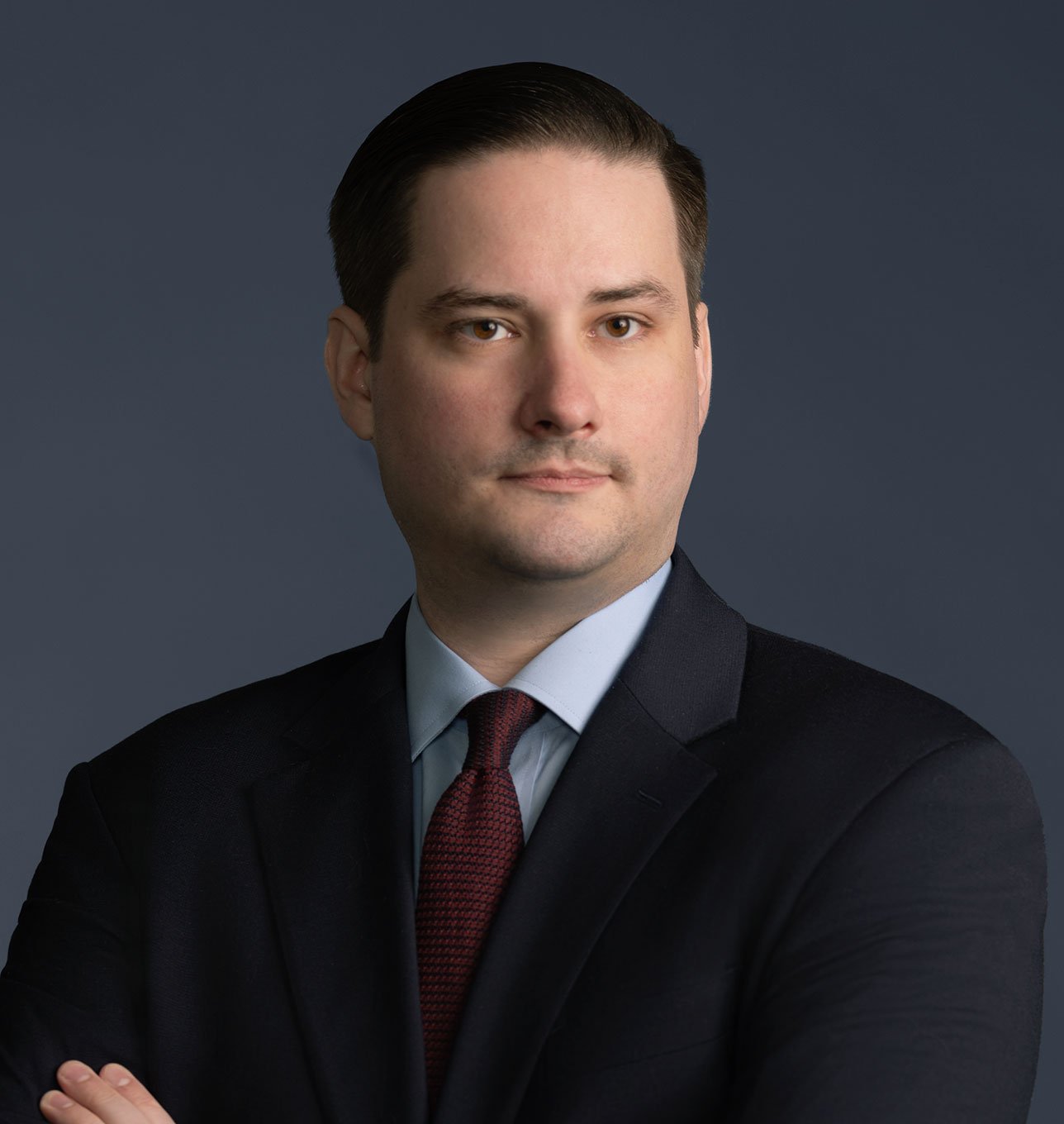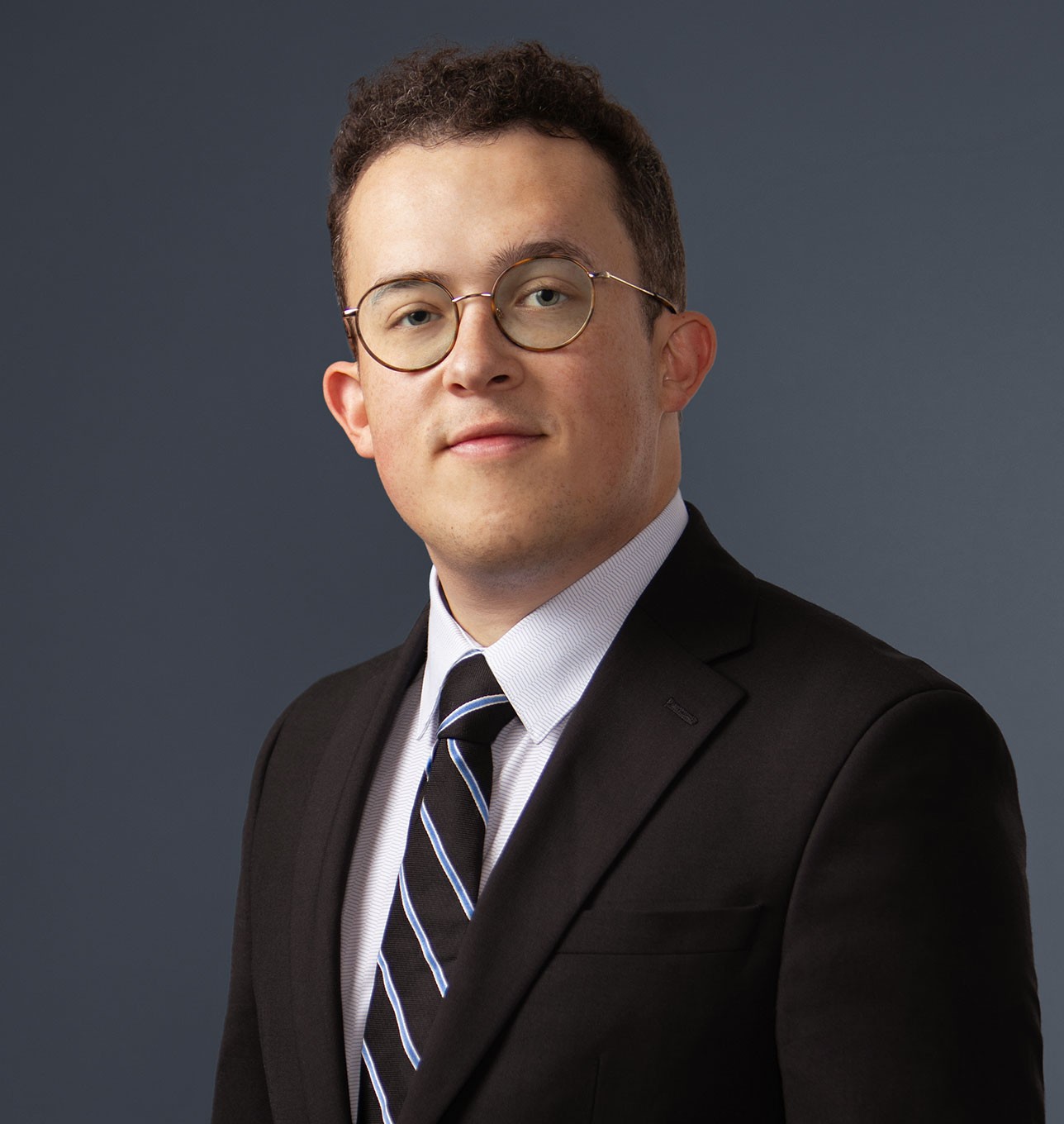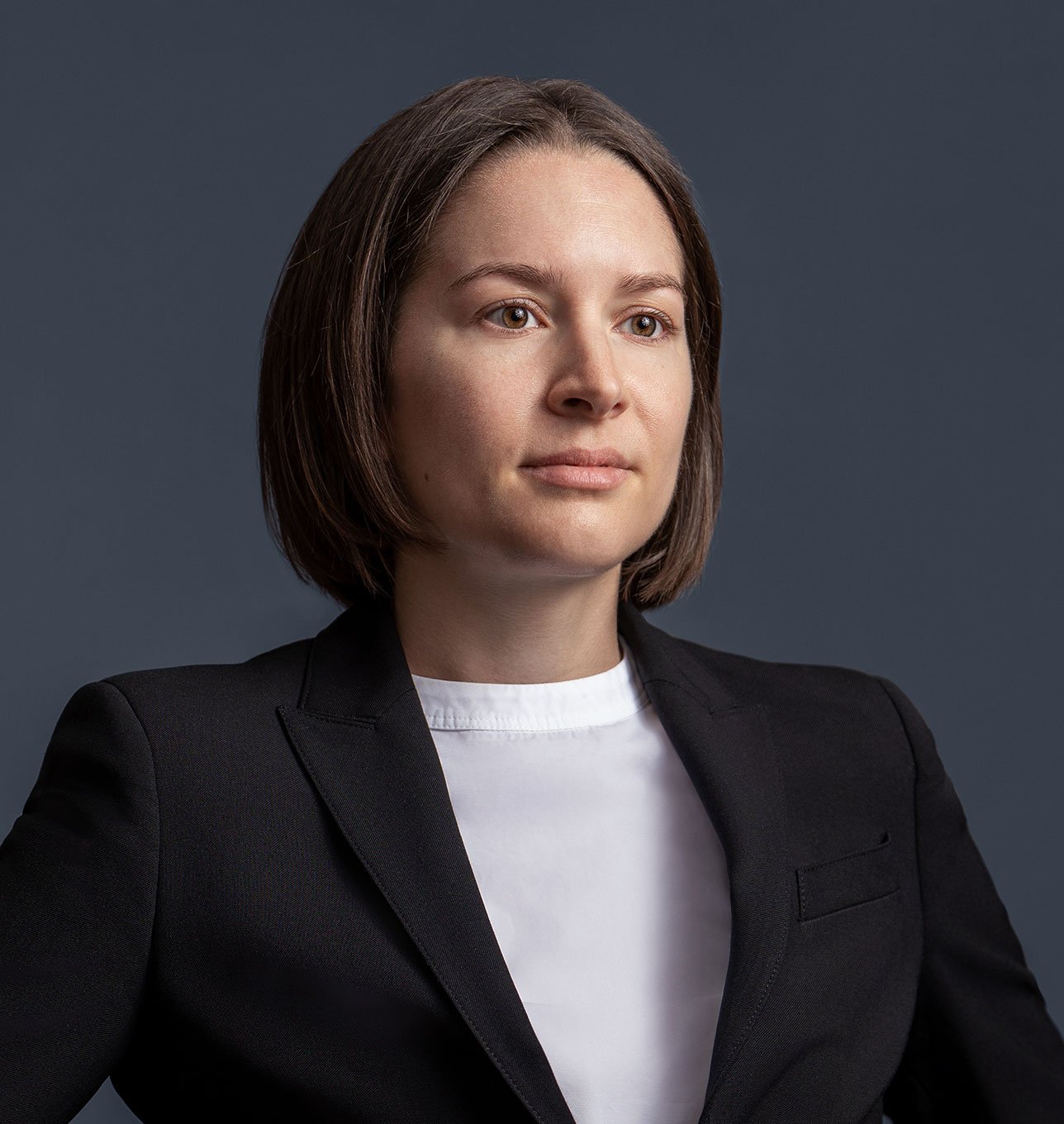Trends and Enforcement Priorities at and Around the 2025 ABA Antitrust Spring Meeting
Antitrust and competition lawyers, economists, and enforcers from around the globe gathered in Washington, DC in early April for the American Bar Association (ABA) Antitrust Section’s Spring Meeting and related events to discuss key trends and enforcement priorities in antitrust law. In short:
- State enforcers remain dedicated to local civil antitrust enforcement and are considering criminal enforcement.
- Federal enforcers are aiming for a balanced approach to merger review but still plan to take a hard look at anticompetitive transactions.
- Enforcers globally continue to focus on big-tech and digital markets as enforcement priorities.
- No one expects a slowdown in initiation of private antitrust litigation in the United States, but a forthcoming decision about class actions might make it hard to certify a class.
State Attorneys General Renew Their Commitment To Local Enforcement: State antitrust enforcers remain committed to enforcing state antitrust law in state and federal courts, and are building out their antitrust departments. Expect more civil actions from state attorneys general seeking to (1) develop their antitrust laws, and (2) address local concerns. In addition, state enforcers reported that they are looking at potential criminal antitrust enforcement. New York, for instance, has used non-prosecution agreements in a criminal antitrust context that function like federal leniency programs.
Federal Enforcers Aim for Balanced Merger Review: US federal antitrust enforcers had a reduced presence at Spring Meeting, but Federal Trade Commission (FTC) Chairman Andrew Ferguson and Assistant Attorney General Gail Slater spoke about their views on competition enforcement at a nearby event. Both confirmed that transacting companies can expect some continuity with the Biden Administration’s approach to merger review (such as continued use of the 2023 Merger Guidelines), but that review will not be identical. Ferguson affirmed his commitment to dealmaking, stating that merger activity is an essential part of encouraging innovation as smaller, innovative companies may need the boost in capital and scale that a merger can provide. Both Slater and Ferguson suggested openness to structural remedies for transactions deemed anticompetitive (e.g., divestitures), which had been disfavored by the Biden Administration. Behavioral remedies (i.e., commitments to engage in, or not engage in, certain conduct) to ameliorate anticompetitive issues with transactions seem unlikely to make a comeback, continuing consistency with the European Union.
Big-Tech Remains A Global Enforcement Focus: Enforcers from around the world made clear that they continue to scrutinize big-tech and digital markets.
In the United States, FTC Chairman Ferguson indicated that he views the FTC’s focus on big-tech as critical to its protection of markets that most impact ordinary Americans and their families. In particular, he described a broad focus on consumer welfare for which price is only one component, which suggests continued scrutiny of free services such as web browsers, email, video-streaming, and social media. Along those same lines, AAG Slater drew parallels between the risks posed by big government and big corporations, further suggesting that big-tech will continue to face enforcement scrutiny. State attorneys general also emphasized the role of state antitrust enforcers in big-tech and how focus on technology as process is enabling enforcers to detect allegedly anticompetitive conduct in sectors like medical records, event-ticketing, and agricultural equipment.
The focus on tech companies is no less present outside the United States. Teresa Ribera, Commissioner for Competition for the European Commission (EC), repeated again that reliable enforcement in the world of digital markets was a priority, which was echoed by Andreas Mundt, President of the Bundeskartellamt in Germany.
Antitrust Class Actions Remain Numerous and Expensive: Judges and lawyers highlighted key developments in US private antitrust litigation, including that corporate spending on class-action litigation is on the rise as private plaintiffs target technology and consumer-products companies. This trend is accompanied by both an increase in the number of antitrust class actions, which now make-up about 5% of total class actions. But some relief for some defendants could be on the horizon. Panelists predicted that the Supreme Court will hold in Laboratory Corp. of America v. Davis1 that certification is improper when the class contains more than a de minimis number of uninjured members. If adopted, this standard would make it more difficult for plaintiffs to proceed past class certification in circuits that now adopt a hands-off approach to the number of uninjured class members at the certification stage.
1 Archis Parasharami & Daniel Jones, Supreme Court to Decide Important Case on Article III Standing at the Class Certification Stage in Damages Class Actions, Class Defense Blog (Jan. 28, 2025).








